Once again, this October you had the opportunity to join us and our panel of experts just a few days after the announcement of the Nobel prize in chemistry 2024 to celebrate the award-winning science.
This hour-long webinar features discussions about the far-reaching impact the Nobel-winning work holds, and you’ll hear expert opinion from scientists close to the science, including none other than Nobel laureate David Baker. Whether you’re a seasoned chemist, an aspiring researcher, or simply someone with a curiosity for scientific advancement, this webinar highlights the remarkable strides being made at the forefront of chemistry.
At the end of the session – broadcast live at the end of Nobel week, on 11 October – our panel of experts discuss the science chosen for the coveted prize. This session is a must-watch to find out all about the ground-breaking achievements unveiled by the Nobel prize in chemistry 2024!
Panel of speakers
David Baker
Nobel laureate in chemistry 2024, University of Washington
David is a professor of biochemistry and the director of the Institute for protein design at the University of Washington School of Medicine, US. The Baker Lab develops protein design software and uses it to create molecules that solve challenges in medicine, technology, and sustainability. Among his recent work is the development of powerful machine-learning methods for generating functional proteins. David received a Nobel prize in chemistry in 2024 for computational protein design.
Phillip Broadwith
Business editor, Chemistry World
Phillip has a PhD in organic chemistry with 15 years’ journalistic experience in various roles at Chemistry World and has a broad interest in all aspects of the chemical sciences and their applications. As business editor of the magazine, his focus is on highlighting the science going on in commercial settings, as well as companies’ efforts to address the grand challenges facing industry, society and the planet.
Julia Robinson
Science correspondent, Chemistry World
Julia joined the Chemistry World team as science correspondent in May 2023. She previously spent eight years leading the clinical and science content at The Pharmaceutical Journal, the official journal of the Royal Pharmaceutical Society, a membership body for pharmacists.
Tom Whipple
Science editor, The Times, London
Tom has been covering science at The Times since 2012. He writes news, features, reviews and commentary across the paper, as well as appearing regularly on Times Radio. Tom joined The Times shortly after graduating with a degree in mathematics. During the course of his job he has visited the tunnels below Cern and the top of Mont Blanc above it. He has been inside the world’s hottest sauna and the world’s most irradiated nature reserve.
Paul T Kim
PhD student Baker lab, University of Washington, US
Paul is working on deep learning methods for de novo protein design – his current project focuses on design of DNA binding proteins. Before coming to the lab, he worked at the New York Structural Biology Center on ML methods for cryo-EM, and at Bayer on small molecule drug discovery with unsupervised learned representations.
Benjamin Sanchez-Lengeling
Associate professor, University of Toronto, Canada
Benjamin is an assistant professor at the ChemE department of University of Toronto, Canada, PI of the Chemical cognition lab. Previously Benjamin worked as a research scientist at Google Deepmind/Brain for 5 years. Benjamin is a researcher who solves chemical problems leveraging data-driven techniques. He designs, builds, and evaluates computational tools that enable molecular discoveries, covering small molecules, polymers, chemical mixtures, and proteins.
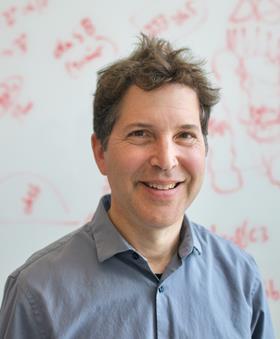
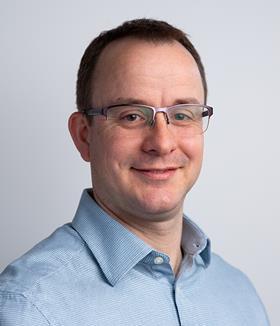
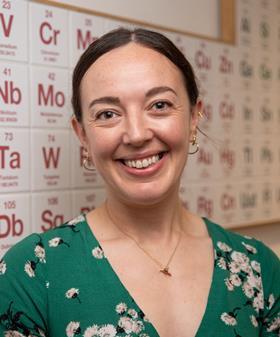
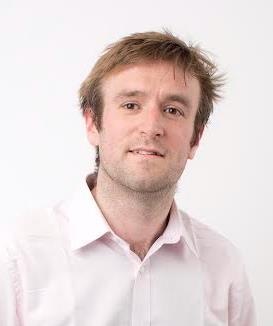
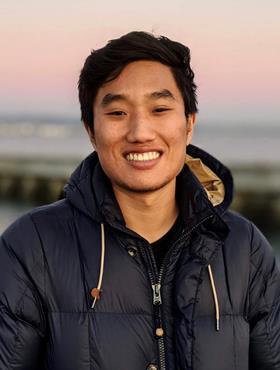
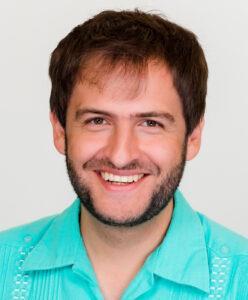
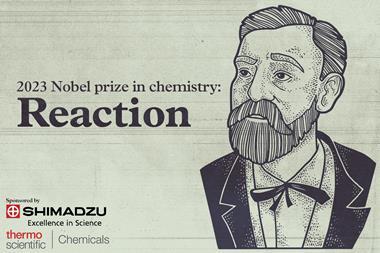
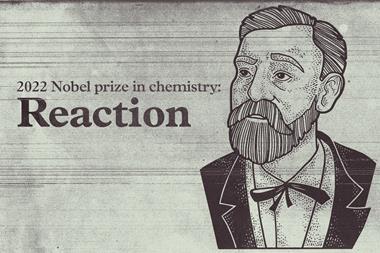


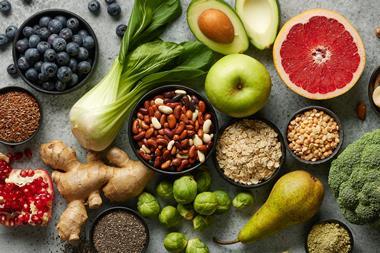
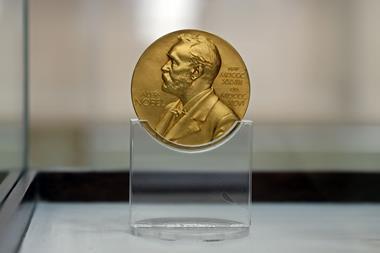
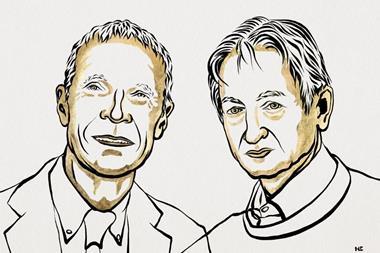

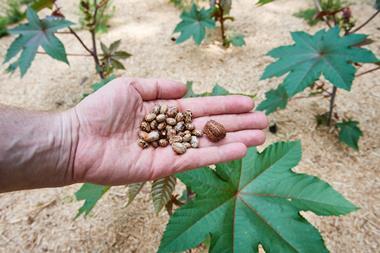
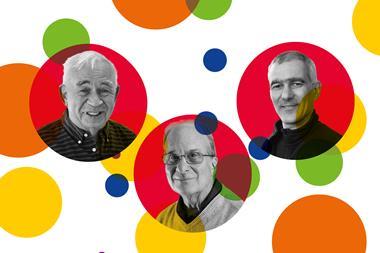
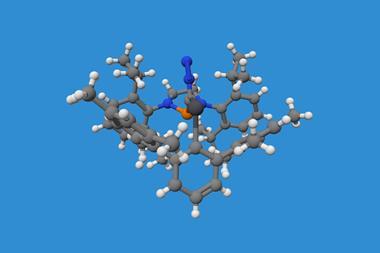
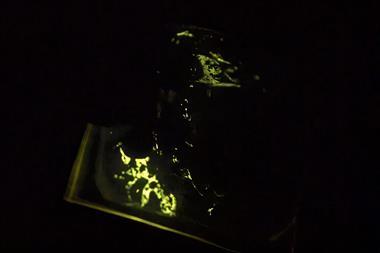





No comments yet